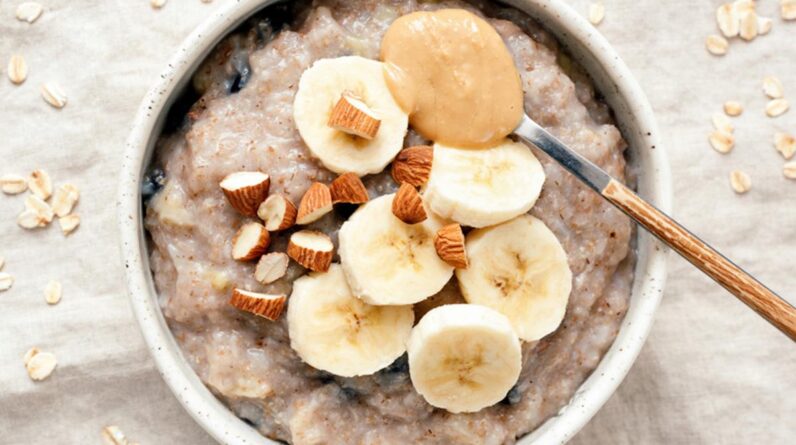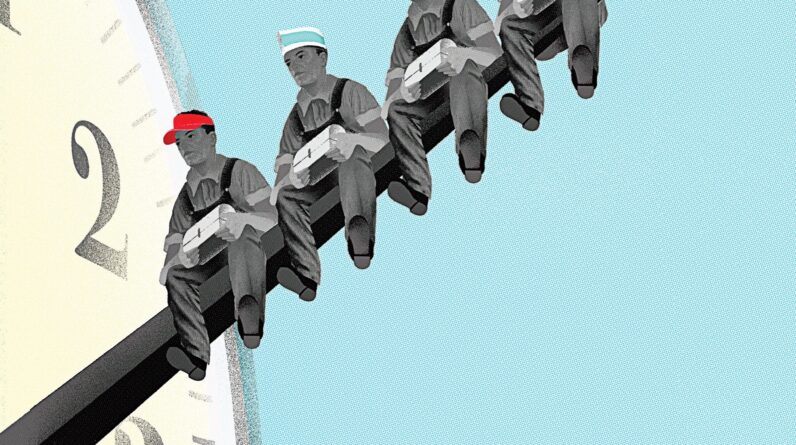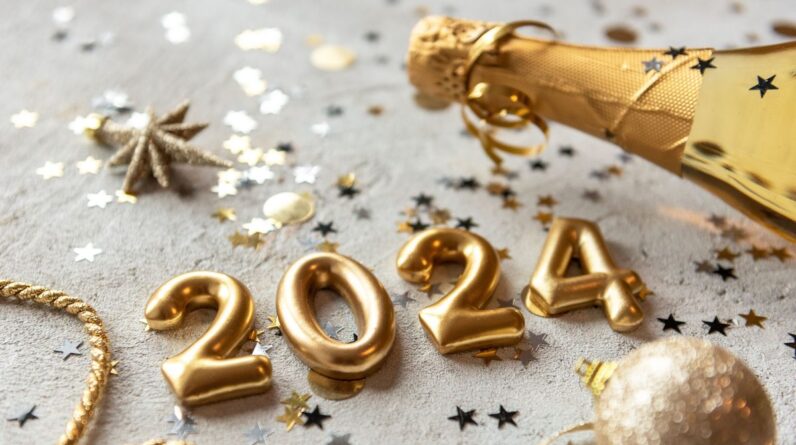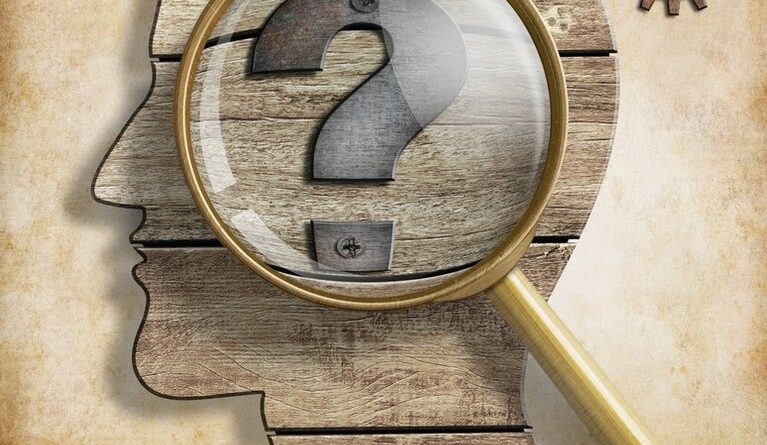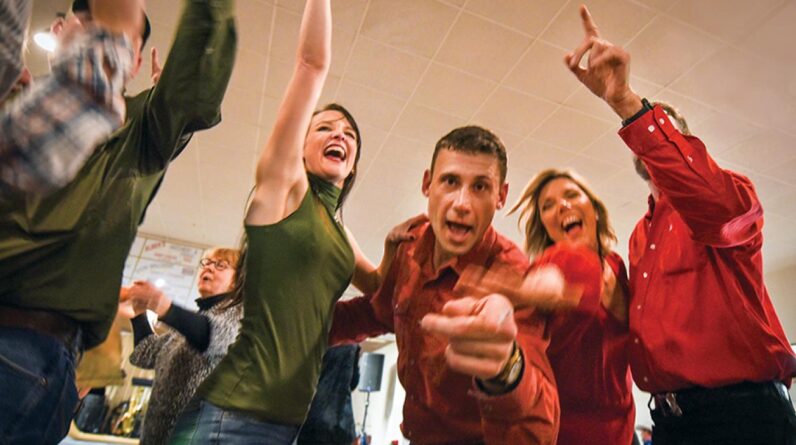
National Polka Music Month celebrates the lively and energetic genre of polka music throughout the entire month. Polka music enthusiasts can enjoy events, concerts, and festivals showcasing this traditional dance and music style.
With its upbeat tempo and distinctive accordion and clarinet melodies, polka music has deep roots in European folk traditions. National Polka Music Month provides an opportunity for people to learn about the history and cultural significance of polka music and dance the night away to its spirited tunes.
Whether attending a polka dance party or listening to polka radio stations, this month-long celebration offers a chance to embrace the infectious joy and exuberance that polka music brings. So put on your dancing shoes and join in the festivities of National Polka Music Month!
1. The History And Significance Of National Polka Music Month
The origins of National Polka Music Month can be traced back to the recognition of the rhythmic joy and cultural importance of polka music. This month-long celebration is a tribute to the lively melodies and spirited dances that have captivated audiences for generations.
With its lively beats and infectious energy, Polka music originated in European countries such as Poland, the Czech Republic, and Germany. It was brought to America by immigrants in the 19th century who were eager to preserve their cultural heritage.
Over the years, polka music has become deeply ingrained in American culture, with its distinct styles and regional variations gaining popularity nationwide. From festive polka festivals and dance events to radio shows and recordings, the influence of polka music can be seen in various aspects of American life.
Recognizing the cultural significance and joyous spirit of polka music, National Polka Music Month is a platform to highlight the genre’s rich history and enduring appeal. It is a time for enthusiasts to come together, celebrate, and share their love for polka music.
2. Exploring The Vibrant World Of Polka Music
Polka music is a vibrant and lively genre that has gained popularity worldwide. Known for its upbeat tempo, catchy rhythms, and joyful melodies, polka music has a distinct sound that is instantly recognizable.
The characteristics and elements of this genre include the use of the accordion, trumpet, and clarinet, which give polka its unique sound. Polkas are typically played in 2/4 time and often strongly emphasize the first and third beats of each measure. This rhythmic pattern adds to the energetic feel of the music.
Over the years, there have been many famous polka musicians who have contributed to the popularity and evolution of the genre. One such musician is Frankie Yankovic, the “King of Polka.” Yankovic’s accordion skills and engaging stage presence helped make polka music mainstream.
Lawrence Welk, another influential figure in polka music, hosted a popular TV show that featured polka music and helped introduce the genre to a broader audience. Other notable polka musicians include Jimmy Sturr and Eddie Blazonczyk, who have continued the tradition and entertained audiences with their lively performances.
3. Festivities And Events During National Polka Music Month
During National Polka Music Month, various festivities and events occur across the country. Polka music celebrations in many states offer a unique way to experience this vibrant genre. One famous aspect of these celebrations is the Polka music festivals that bring together musicians and fans from all over.
These festivals showcase live performances by talented bands, allowing attendees to immerse themselves in Polka’s joyous and energetic rhythms. Festivals often feature dance floors where people can show off Polka dance skills, creating a lively and vibrant atmosphere. In addition to the music and dance, these festivals also offer a range of unique attractions.
Attendees can enjoy delicious traditional food, browse through vendor stalls selling Polka-themed merchandise, and partake in interactive workshops and classes to learn more about the history and techniques of Polka music. National Polka Music Month is a fantastic time to celebrate and appreciate the rich heritage of Polka music in a fun and engaging way.
4. How To Celebrate National Polka Music Month
November is recognized as National Polka Music Month, a celebration of the lively and upbeat genre of music that originated in Eastern European countries. If you’re keen to celebrate this festive occasion, here are a few ideas to get you started:
Dancing to the polka rhythms: Steps and styles
Dancing is an essential part of the polka experience. Start by learning the basic steps, including the gallop, hop, and polka turn. Once you’ve got the fundamentals down, explore different styles of polka dancing, such as the traditional village style, the lively polka-hop, or the energetic polka whirl. Get your friends involved and have a polka dance-off!
How to organize a polka-themed party or event
If you want to go all out, why not throw a polka-themed party or organize a polka music event? Decorate the venue with vibrant colors and polka-themed decorations. Hire a polka band or DJ to play lively music throughout the event. Don’t forget to incorporate traditional polka foods like sausage, sauerkraut, and pierogies. Encourage guests to dress in polka-inspired outfits for a truly immersive experience.
5. The Influence Of Polka Music On Culture And Society
Polka music has profoundly impacted immigrant communities, representing a cultural connection to their homeland. The lively and upbeat tempo of polka music provided comfort and a sense of belonging to those who had left their native countries. Over time, this genre of music became ingrained in these communities, serving as a way to celebrate their heritage and customs.
Polka music has also found its way into popular culture, appearing in films and television shows. Its catchy tunes and spirited dance moves have captured audiences’ attention worldwide, further solidifying polka’s influence on society. Polka music has become synonymous with fun and entertainment, from the “Beer Barrel Polka” featured in iconic movies to the spirited performances on variety shows.
Overall, National Polka Music Month celebrates not only the music but also the impact it has had on culture and society. It serves as a reminder of the power of music to unite communities and bring joy to people’s lives.
6. The Future Of Polka Music: Preservation And Evolution
|
Innovations in polka music and its contemporary relevance Preserving and promoting the cultural heritage of polka music is a priority for enthusiasts and organizations alike. Efforts are being made to ensure that the traditions of this lively and energetic genre are preserved for future generations. From establishing dedicated organizations to creating educational programs and opportunities, the goal is to keep polka music alive. One of how polka music is being kept relevant is through innovations and adaptations. While staying true to its roots, polka music has embraced contemporary influences and experimentation. Artists merge various styles and incorporate modern instruments to create a fresh sound that appeals to a broader audience. Overall, the future of polka music lies in both preservation and evolution. By honoring its traditions and exploring new horizons, polka music continues to thrive and captivate music lovers of all generations. |
7. The Joyful Benefits Of Polka Music: Health And Well-being
Polka music has a positive influence on both mental and physical health. Experts in the field have recognized its therapeutic aspects. Listening to polka music can reduce stress levels and promote relaxation. The rhythmic beats and lively melodies can lift spirits and create a joyful atmosphere.
Additionally, polka music provides a sense of community and connectedness as it often encourages dancing and social interaction. Studies have shown that playing polka music can improve cognitive function and well-being. Whether to boost mood or find solace, polka music is a powerful tool for improving health and promoting happiness.
8. Uniting Generations Through Polka Music
Polka music has long been a significant part of family traditions, uniquely uniting generations. Polka music’s lively and spirited rhythms seamlessly bridge the generation gap, creating a sense of togetherness and shared experiences.
Whether lively polka dances at family gatherings or listening to cherished polka records, this beloved music genre brings families closer, allowing both young and old to connect and appreciate each other’s love for polka music.
Through polka music, grandparents can pass on their cherished musical traditions to younger family members, preserving cultural heritage and creating enduring memories. Polka music’s joyous and infectious nature transcends age barriers, creating an atmosphere of celebration and joy. The polka dance floor serves as a meeting place for the older generation, who grew up with this music, and the younger generation, who learn to appreciate and enjoy it.
Individuals can ensure that this musical tradition thrives for future generations by fostering a love for polka music within their families. It strengthens family bonds and teaches younger members about the importance of tradition, culture, and the value of shared experiences. So, crank up the polka music and get ready to dance – it’s time to celebrate National Polka Music Month and unite generations.
9. Exploring Different Styles Of Polka Music
Traditional polka music and modern variations offer a fascinating insight into the diverse styles within the polka genre. Lively accordion melodies, energetic tempos, and distinct rhythms characterize traditional polka’s roots in Central and Eastern Europe. It is strongly present in cultural celebrations, particularly in communities with Polish, Czech, or German heritage.
On the other hand, modern variations of polka bring a fresh twist to the genre, incorporating elements from different musical traditions. These variations often feature a mix of genres like rock, jazz, and even hip-hop, creating a fusion that appeals to a broader audience. Innovative instruments like electric guitars and synthesizers add a contemporary touch and expand the possibilities of the polka sound.
Furthermore, regional influences play a significant role in shaping different polka music styles. Various regions’ distinct cultures and musical traditions have contributed to developing specific subgenres. For example, the Texas Czech polka style, also known as norteño, is influenced by Mexican music, while Cleveland-style polka reflects the cultural heritage of Slovenian immigrants in Ohio.
Dates of National Polka Music Month
| Year | Date | Day |
|---|---|---|
| 2024 | January 1 | Monday |
| 2025 | January 1 | Wednesday |
| 2026 | January 1 | Thursday |
| 2027 | January 1 | Friday |
| 2028 | January 1 | Saturday |
Frequently Asked Questions Of National Polka Music Month
Is There A National Polka Day?
Yes, there is a national polka day. It is celebrated on January 23rd each year.
Is Polka Music German Or Polish?
Polka music is both German and Polish. It originated in Bohemia (now the Czech Republic) but gained popularity in German-speaking regions and Poland.
What State Is Known For Polka?
Wisconsin is a state known for polka, a lively dance genre rooted in Eastern European traditions.
What Ethnicity Is Polka Music?
Polka music originated in Eastern Europe and is associated with Polish, Czech, and Slovak ethnicities.
Conclusion
In a world filled with diverse music genres, National Polka Music Month offers a unique opportunity to celebrate this often-overlooked genre’s lively beats and rich cultural heritage. As we bid farewell to this particular month, let us continue to appreciate the joyous melodies and spirited dance moves that polka music brings.
So, don your dancing shoes, embrace the polka spirit, and keep the polka tunes alive all year round.

